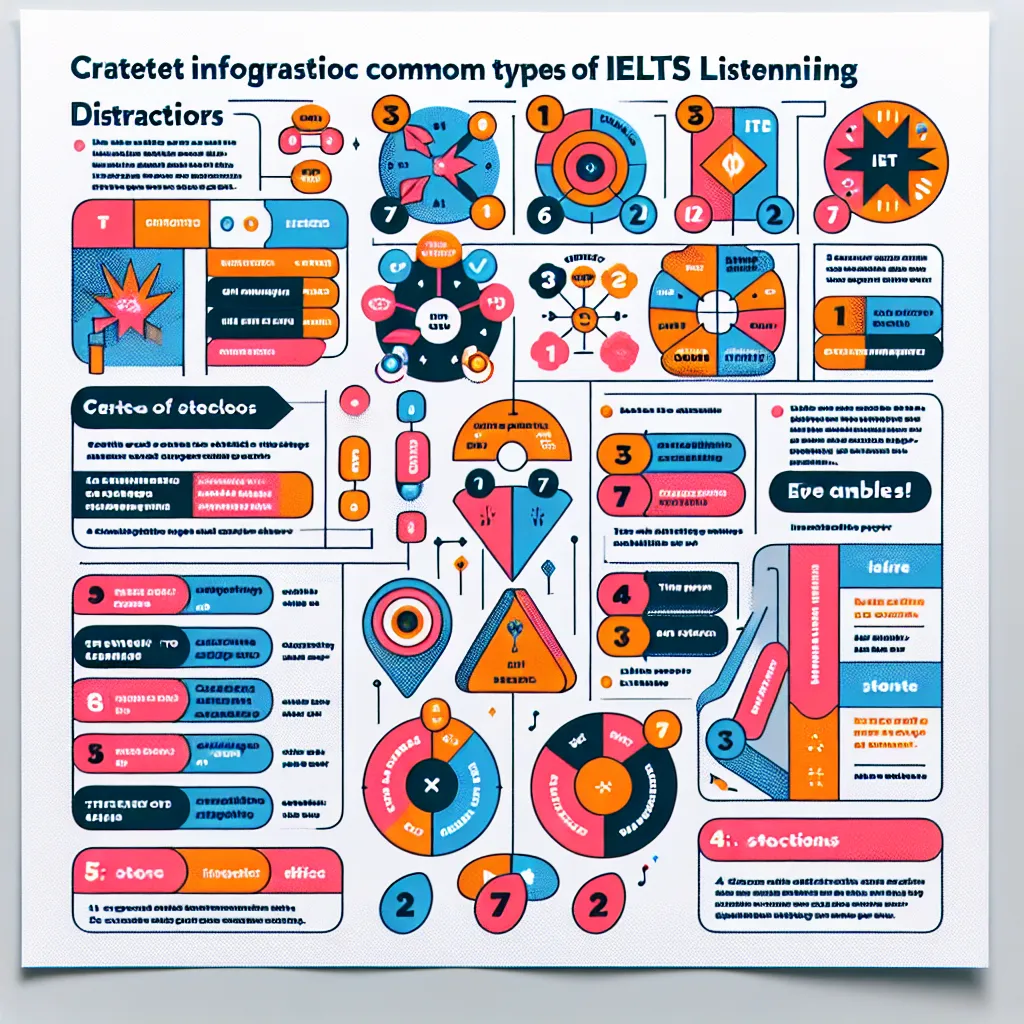Are you preparing for the IELTS Listening test and feeling overwhelmed by multiple-choice questions? You’re not alone. Many test-takers find this question type challenging, but with the right approach, you can master it and boost your score. In this comprehensive guide, we’ll explore effective strategies to tackle IELTS Listening multiple-choice questions, helping you navigate this crucial aspect of the exam with confidence.
Understanding IELTS Listening Multiple-Choice Questions
IELTS Listening multiple-choice questions are designed to assess your ability to understand specific information, main ideas, and the speakers’ opinions or attitudes. These questions typically present three or more options, from which you must select the correct answer based on the audio recording.
 IELTS Listening Multiple-Choice Question Example
IELTS Listening Multiple-Choice Question Example
Types of Multiple-Choice Questions in IELTS Listening
- Single-answer questions: You choose one correct answer from the given options.
- Multiple-answer questions: You select two or more correct answers from the options provided.
- Completion questions: You complete a sentence or statement by choosing the correct option.
Understanding these variations is crucial for developing an effective approach to each question type.
Strategies for Approaching IELTS Listening Multiple-Choice Questions
1. Read the Questions and Options Beforehand
One of the most critical strategies is to familiarize yourself with the questions and answer choices before the audio begins. This practice allows you to:
- Identify key words and phrases to listen for
- Anticipate the type of information you need to focus on
- Eliminate obviously incorrect options
By doing this, you’re essentially priming your brain to listen for specific details, making it easier to catch the correct information when it’s presented in the audio.
2. Focus on Understanding, Not Just Hearing
It’s not enough to simply hear the words; you need to understand their context and meaning. To improve your comprehension:
- Pay attention to tone and emphasis in the speakers’ voices
- Listen for signpost words that indicate important information is coming
- Consider the overall context of the conversation or monologue
Remember, the correct answer often requires you to interpret the meaning behind the words, not just recognize them.
3. Use the Process of Elimination
When you’re unsure of the correct answer, start by eliminating options that are clearly wrong. This strategy can significantly increase your chances of selecting the right choice, even if you’re not 100% certain. Look out for:
- Options that contradict the audio
- Choices that include information not mentioned at all
- Answers that sound similar to what was said but have a different meaning
By narrowing down your options, you improve your odds of selecting the correct answer.
4. Don’t Get Stuck on One Question
Time management is crucial in the IELTS Listening test. If you find yourself struggling with a particular question:
- Make your best guess
- Move on to the next question
- Return to difficult questions if time allows at the end
Remember, all questions are worth the same number of points, so it’s better to answer more questions with confidence than to spend too much time on a single challenging item.
5. Watch Out for Distractors
IELTS Listening multiple-choice questions often include distractors—options that sound plausible but are incorrect. To avoid falling for these traps:
- Listen carefully for qualifiers (e.g., “sometimes,” “often,” “always”)
- Pay attention to negatives (e.g., “not,” “never,” “unlike”)
- Be wary of options that use exact words from the audio but in a different context
Developing an ear for these subtle distinctions will help you differentiate between correct answers and clever distractors.
 IELTS Listening Distractors Infographic
IELTS Listening Distractors Infographic
6. Practice Active Listening
To excel in IELTS Listening multiple-choice questions, you need to develop active listening skills. This means:
- Engaging fully with the audio content
- Visualizing the scenarios being described
- Making mental notes of key information
Active listening helps you stay focused and improves your ability to recall important details when answering questions.
7. Familiarize Yourself with Different Accents
IELTS Listening tests feature a variety of English accents, including British, American, Australian, and others. To prepare:
- Listen to podcasts, news broadcasts, and interviews from different English-speaking countries
- Practice with IELTS sample tests that include various accents
- Pay attention to differences in pronunciation and intonation
Exposure to diverse accents will make you more comfortable and confident on test day.
Common Mistakes to Avoid
- Choosing answers based solely on familiar words without understanding the context
- Ignoring the instructions and selecting more or fewer answers than required
- Changing answers without a good reason, especially if your first instinct was correct
- Leaving questions unanswered (always make an educated guess if unsure)
- Forgetting to transfer answers to the answer sheet within the given time
Being aware of these pitfalls can help you avoid them during the actual test.
Next Steps: Putting Your Skills into Practice
Now that you’re equipped with strategies for tackling IELTS Listening multiple-choice questions, it’s time to put your skills to the test. Here’s what you can do:
- Take timed practice tests regularly to simulate exam conditions
- Analyze your mistakes and identify patterns in the types of questions you find challenging
- Focus on improving your overall listening skills by engaging with English-language media daily
- Join study groups or online forums to share tips and experiences with other IELTS candidates
- Consider working with an IELTS tutor for personalized feedback and guidance
Remember, consistent practice and application of these strategies are key to improving your performance on IELTS Listening multiple-choice questions.
Conclusion
Mastering IELTS Listening multiple-choice questions is a crucial step towards achieving your desired score. By implementing the strategies outlined in this guide—from careful pre-reading to active listening and smart elimination techniques—you’ll be well-prepared to tackle this challenging aspect of the test. Stay focused, practice regularly, and approach each question with confidence. With dedication and the right approach, you can excel in the IELTS Listening test and move closer to your academic or professional goals.




